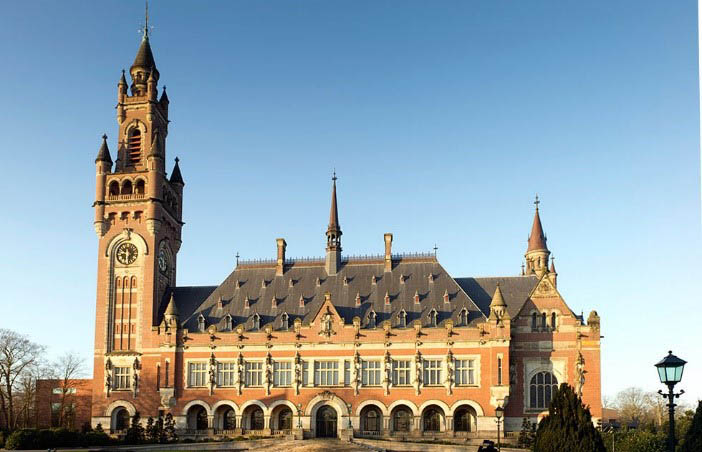The United Nations Security Council at the request of President Irfaan Ali is set to this afternoon address Venezuelan Presi-dent Nicolas Maduro’s approval of the creation of a new state in Essequibo, Foreign Secretary Robert Persaud said last evening on the social platform X formerly known as Twitter.
According to Persaud, the UN Security Council is expected to look at the matter from the perspective of Maduro’s violation of the rules of international law requiring states to respect the sovereignty, territorial integrity and political independence of other states.
Further Persaud pointed to the International Court of Justice (ICJ) order on Provisional Measures, issued December 1st 2023, which prohibits Venezuela from taking any action to interfere with Guyana’s administration and control of its Essequibo region “pending the court’s final ruling on the merits of the controversy”.
Yesterday Venezuela submitted documents to the ICJ asserting its claim to Essequibo and Guyana issued a statement acknow-ledging the move. The submission, which was made in accordance with the court’s specified timeline, pertains to Venezuela’s counter-memorial related to the case concerning the Arbitral Award of October 3, 1899 (Guyana v Venezuela).
The case, filed by Guyana in March 2018, seeks the court’s decision on the validity of the Arbitral Award that determined the boundary between the two countries. The court has so far confirmed its jurisdiction over the controversy and will proceed to determine the issue based on its merits.
According to the statement, Guyana has consistently urged Venezuela to fully engage in the judicial proceedings and adhere to the court’s decisions, “and therefore welcomes Vene-zuela’s submissions on the substantive issues that the court will ultimately decide. Guyana notes that Caricom, the Common-wealth and other members of the international community have also been urging Venezuela to participate in the proceedings before the ICJ”.
The statement further noted that the Government of Guyana views the submissions from both parties regarding the validity of the 1899 Arbitral Award and the settlement of the international boundary as beneficial for the court’s consideration. Guyana had already made its own submission in April 2023.
With the submissions from both states in front of the court, a comprehensive evaluation of all arguments and evidence will be made to issue a more well-informed judgement, which will be final and binding on the parties involved.
Furthermore, Guyana has reiterated its commitment to comply with the ICJ’s decision.
On March 21, Venezue-lan President Nicolas Maduro approved the creation of a new state in Essequibo, despite the ongoing international court case and months after an agreement for peace was made between him and President Irfaan Ali.
The peace declaration, which was signed between the two heads of state in December, came on the heels of a referendum in Venezuela, which, according to Maduro, was in favour of Venezuela’s claim to Essequibo. Conse-quently, the Bolivarian Republic produced a new map of Venezuela including Essequibo as one of its states. St Vincent and the Grenadines Prime Minister Ralph Gonsalves had then brought the two presidents together for discussions which led to the peace agreement.
Guyana’s statement said it remained optimistic about the court’s verdict and was eager to see the resolution of this long-standing issue.
Meanwhile, in a press statement yesterday Cari-com expressed concern over Venezuela’s adoption of the Organic Law for the Defence of Guayana Esse-quiba. It said that Vene-zuela’s actions have escalated tensions and threaten peace and security in Latin America and the Caribbean.
Caricom further criticised Venezuela for acting unilaterally and potentially dangerously, going against international law and agreements. The Caribbean Community urged Vene-zuela to refrain from further actions that could disrupt peace and stability, and emphasised the importance of dialogue and adherence to international law for a just resolution.






